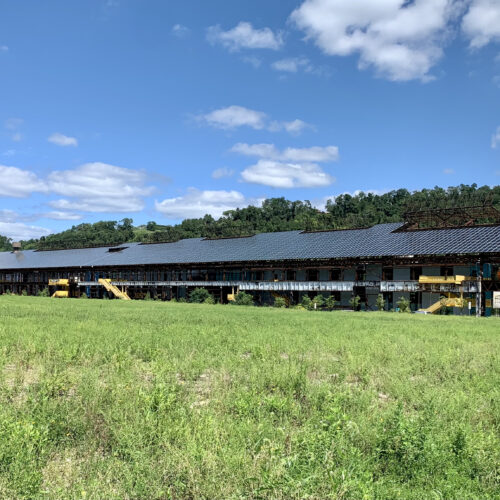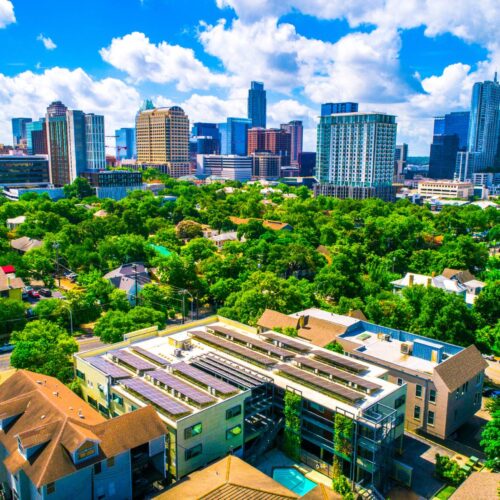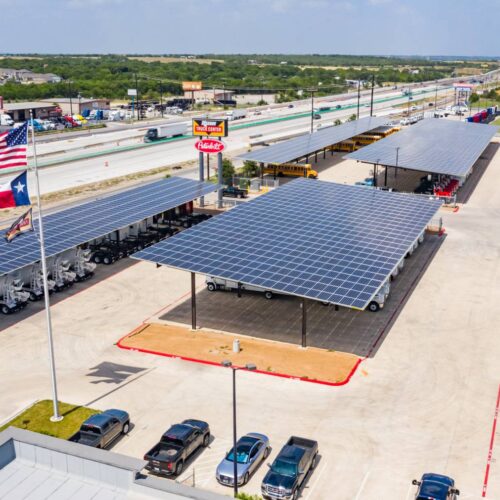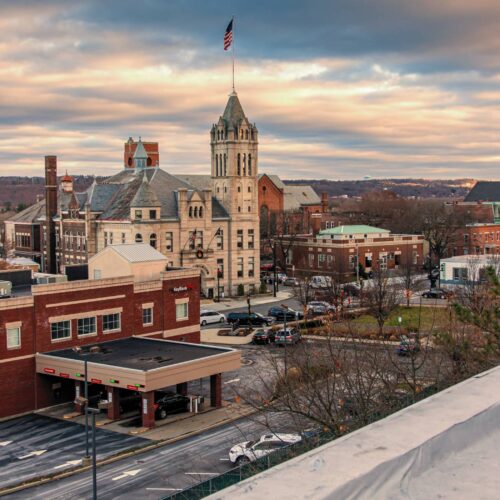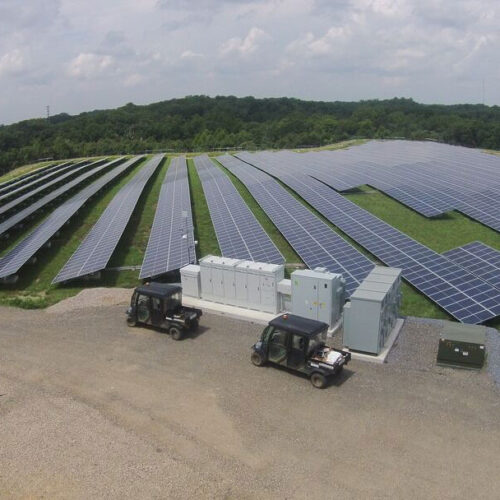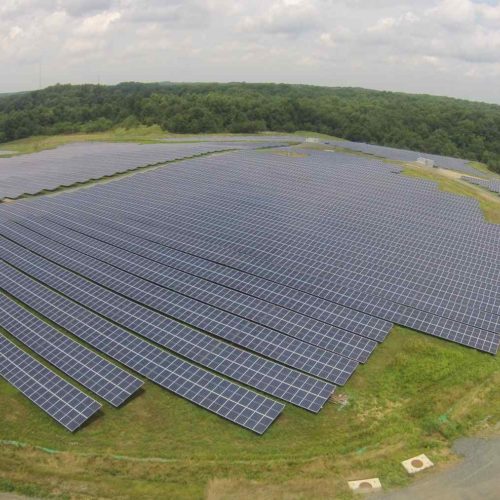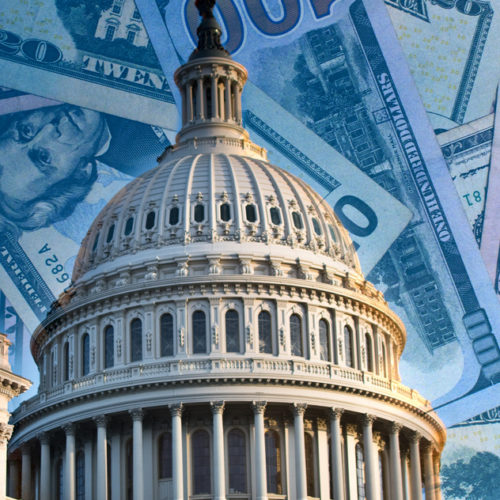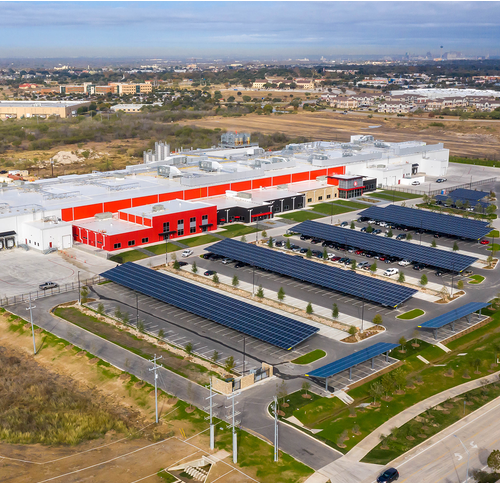
Matthew manages technical partnerships with local governments to advance the energy transition and procure clean energy. In 2022, he launched and currently leads RMI’s Brightfields Accelerator in partnership with Kansas State University’s Technical Assistance to Brownfields Program, aimed at helping communities consider deploying clean energy on brownfields and closed landfills. Matthew is a nationally recognized expert on landfill solar, community solar project design, leveraging funding and financing for the energy transition. He also co-led the development of and oversees the Federal Funding Opportunities for Local Decarbonization (FFOLD) tool to help cities better navigate relevant funding for their priorities.
Background
Outside of RMI, Matthew is a commissioner on the City of Longmont’s Planning and Zoning Commission and serves on Longmont’s Brownfields Advisory Committee. Prior to RMI, he worked for Sustainable Strategies DC, where he helped more than 30 small municipalities apply for and secure over $15 million in grants for community and brownfields revitalization priorities. He also worked at the White House Council on Environmental Quality and Maryland Energy Administration. Matthew’s collaboration with cities began in College Park, Maryland, where he advised on transportation, public safety, and sustainability in the City of College Park and University of Maryland.
Education
MPP, Specialization in Energy and Environmental Policy, University of Maryland School of Public Policy
BA, Government and Politics, University of Maryland, College Park
Location
Longmont, CO

